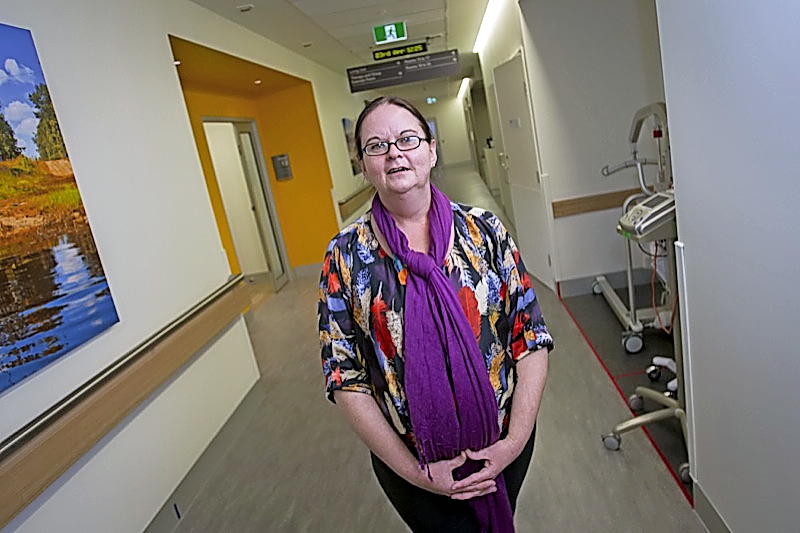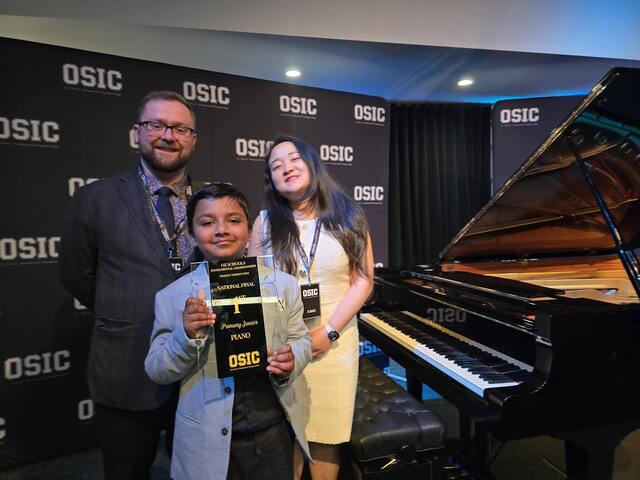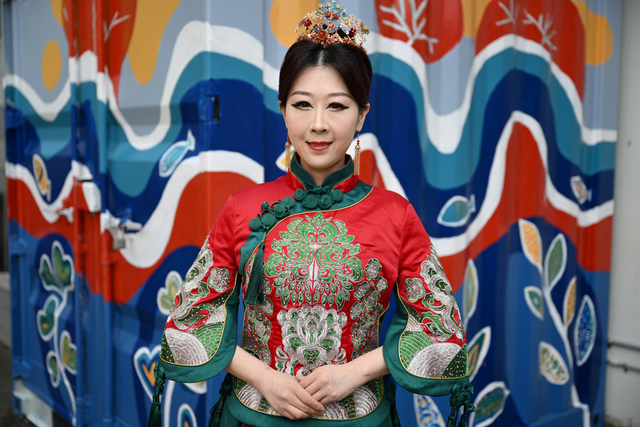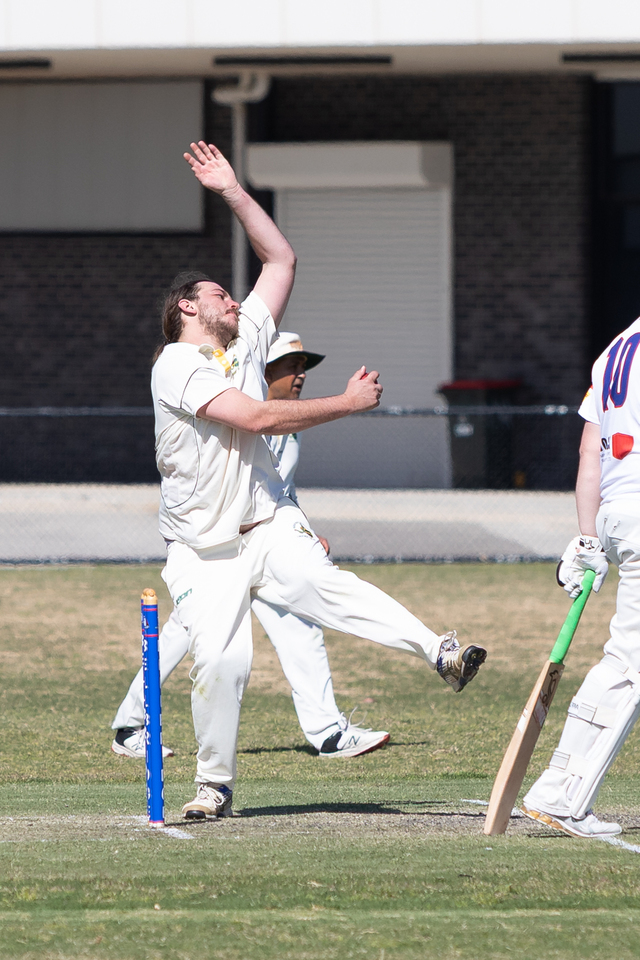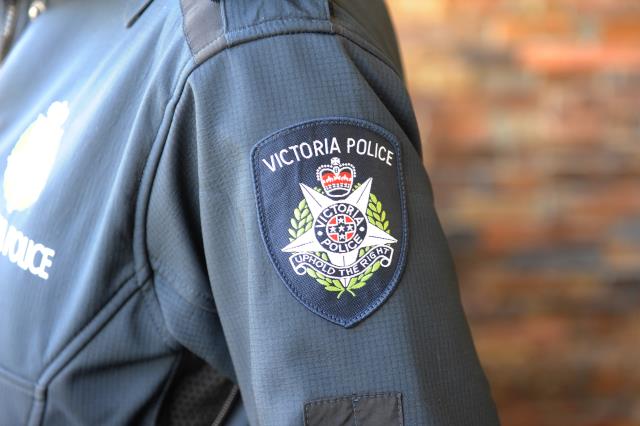Two Aboriginal healthcare professionals have been employed by Werribee Mercy Hospital to help close the health gap for Wyndham’s growing indigenous population.
In a Wyndham first, liaison officer Jasmine Kildea and transitions project officer Marie Mullins will work to improve access to healthcare for indigenous residents while being sensitive to cultural differences.
“It makes a difference for an Aboriginal patient to have somebody of their own culture assisting them with their healthcare needs,” Ms Mullins said.
“Due to their poorer health outcomes, it’s crucial that we encourage them to seek help when they need it.
‘‘They are more likely to seek that help from somebody they feel at ease with.’’
Australian Bureau of Statistics data reveals Aboriginal life expectancy is significantly lower than the general population. Indigenous men have a life expectancy of 69, compared to 80 for non-indigenous residents. For women, it is 73 (compared to 85).
Rates of chronic disease are also significantly higher.
The 2011 census showed that almost 1700 indigenous people lived in Wyndham, up from 1145 in 2006.
Ms Mullins said her upbringing in an indigenous community inspired her to specialise in a profession that worked with people of her own culture.
She said word had already spread to the local indigenous population and there had been a spike in the number of Aboriginal patients seeking help at the hospital. She hoped her role would lead to better health outcomes for patients and stronger links to healthcare providers upon discharge.
Ms Kildea will work one-on-one with patients and hospital staff to create better cultural awareness.
Mercy Health executive director Dr Linda Mellors said the positions would provide a valuable service for Aboriginal and Torres Strait Islander patients and their families.
“We’re very pleased to be able to provide this service to our patients,’’ Dr Mellors said. “These skilled workers will be able to deliver specific care and advice to Aboriginal and Torres Strait Islander patients and the staff caring for them.”
MELISSA CUNNINGHAM

